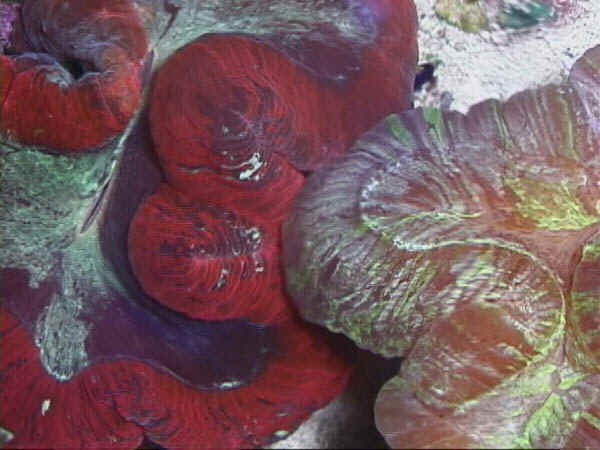- Joined
- Apr 27, 2020
- Messages
- 609
- Reaction score
- 363
I’ve always heard that our testing kits measure the level carbonate and not bi carbonate.
PH directly impacts the levels of bi carbonate versus carbonate as those two transfer the hydrogen ion between them.
So my question is for those of us with a PH swing of .2, .3, .4 a day, doesn’t this impact the reliability of our alkalinity results as there is a build up of carbonate versus bi carbonate in the system as PH climbs?
Or to put another a way. In a system with no consumption or precipitation of alkalinity then at different PH levels I’ll see different alkalinity readings. So keeping alkalinity at 9dkh through a 24 hour PH swing isn’t really as stable as I would have thought.
As a heads up I’ve read the articles from Randy and the Alkalinity stability post but I felt that was focused more on whether to keep alk stable or PH stable at a single point. I don’t have any systems that could keep PH from swinging less than .1 a day. That means finding a way to keep the level of total alkalinity stable at different PH levels.
Happy Holidays!
PH directly impacts the levels of bi carbonate versus carbonate as those two transfer the hydrogen ion between them.
So my question is for those of us with a PH swing of .2, .3, .4 a day, doesn’t this impact the reliability of our alkalinity results as there is a build up of carbonate versus bi carbonate in the system as PH climbs?
Or to put another a way. In a system with no consumption or precipitation of alkalinity then at different PH levels I’ll see different alkalinity readings. So keeping alkalinity at 9dkh through a 24 hour PH swing isn’t really as stable as I would have thought.
As a heads up I’ve read the articles from Randy and the Alkalinity stability post but I felt that was focused more on whether to keep alk stable or PH stable at a single point. I don’t have any systems that could keep PH from swinging less than .1 a day. That means finding a way to keep the level of total alkalinity stable at different PH levels.
Happy Holidays!


















